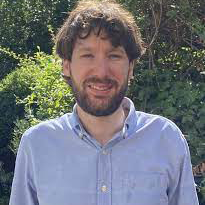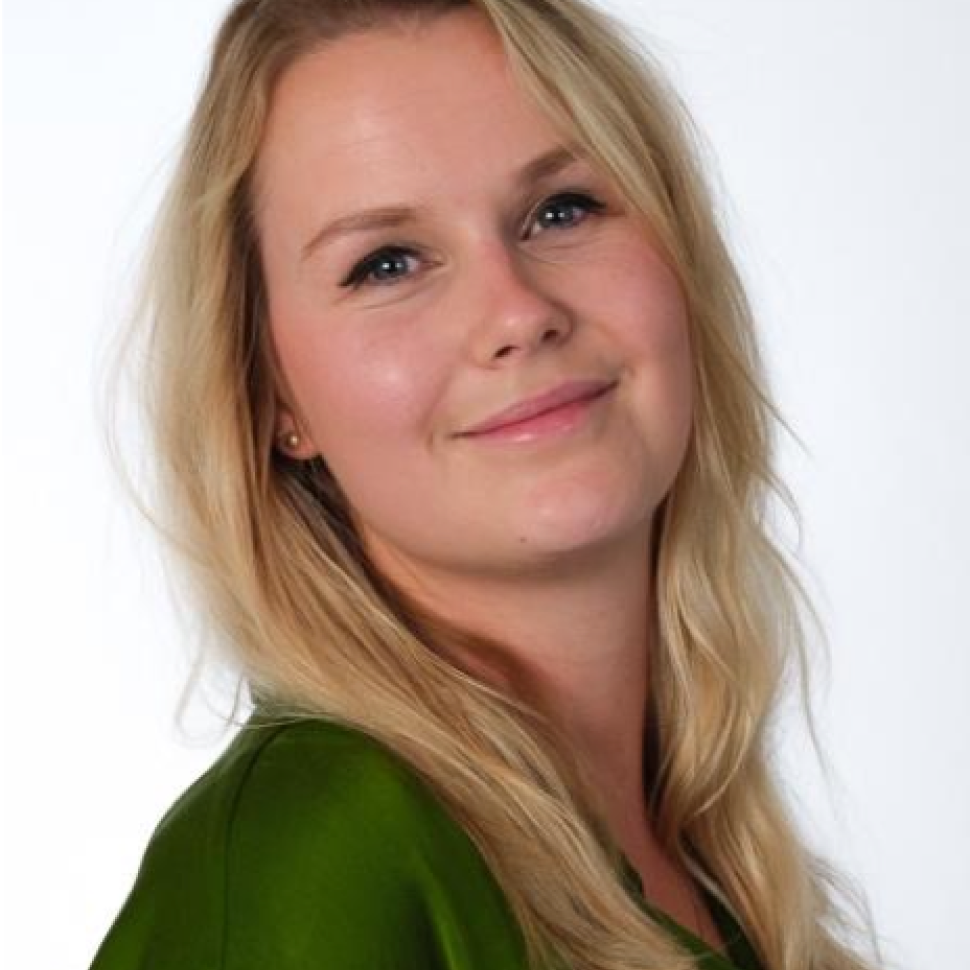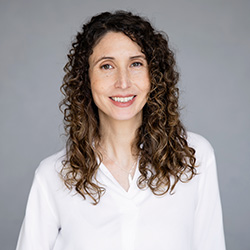The Early Cancer Institute Affiliate programme provides an opportunity for us to cement ties with fellow Institutes and Departments in order to build scientific collaboration and exchange ideas with mutual benefit to the Affiliate, the Affiliate’s Department and the Early Cancer Institute.
Dr Danny Temko - MRC Biostatistics Unit
After completing a first degree in mathematics and philosophy at the University of Oxford, Danny obtained his PhD in computational biology from UCL. He completed a first postdoctoral role at Dana-Farber Cancer Institute, then returned to the UK as a Research Associate at the MRC Biostatistics Unit. Danny’s research centres around the development and application of statistical machine learning methods, with a view to enabling improved personalised cancer risk prediction and early detection strategies.
Dr Sanne van Neerven - Gurdon Institute
Sanne van Neerven is a senior researcher at the Gurdon Institute (University of Cambridge) in the lab of Prof. Dr. Ben Simons and a research fellow at Gonville and Caius College. She completed her bachelor’s degree in Biomedical Sciences (University of Amsterdam) and obtained her Masters’ in Oncology (Vrije Universiteit Amsterdam) before pursuing a PhD in the Amsterdam University Medical Centers with Prof. Dr. Louis Vermeulen.
Sanne's work focuses on the earliest molecular events that drive tumour initiation by studying the competition between normal and mutant cells from the first moment they arise in tissues. Her team previously discovered a new mechanism of tumour initiation in the mammalian intestine, supercompetition, by which mutant cells actively disadvantage normal neighbours to facilitate colorectal cancer development. For her work on cell competition, Sanne was awarded the International Birnstiel award (2021), the L’Oréal-UNESCO Women in Science - Rising Talent Award (2022) and the Cancer Center Amsterdam Best Preclinical Thesis award (2023). Currently, she is expanding her research on cell competition to develop rational chemoprevention strategies for all hereditary cancer syndromes.
Dr Heather Machado - Department of Pathology
Heather is a Group Leader in the Department of Pathology, University of Cambridge and an evolutionary genomicist who uses somatic mutations to understand the immune response to cancer. She earned her PhD from Stanford University, studying population genomics and genome evolution, and did her postdoctoral research at the Wellcome Sanger Institute, focusing on somatic mutation in the adaptive immune system and phylogenetic lineage tracing in abnormal hematopoiesis.
Her lab applies somatic multi-omics and evolutionary genetic methods to study the co-evolution of immune and non-immune cells. Their work seeks to elucidate the role of the adaptive immune system in cancer progression, with the aim of enhancing cancer treatment, early detection, and patient outcomes.



